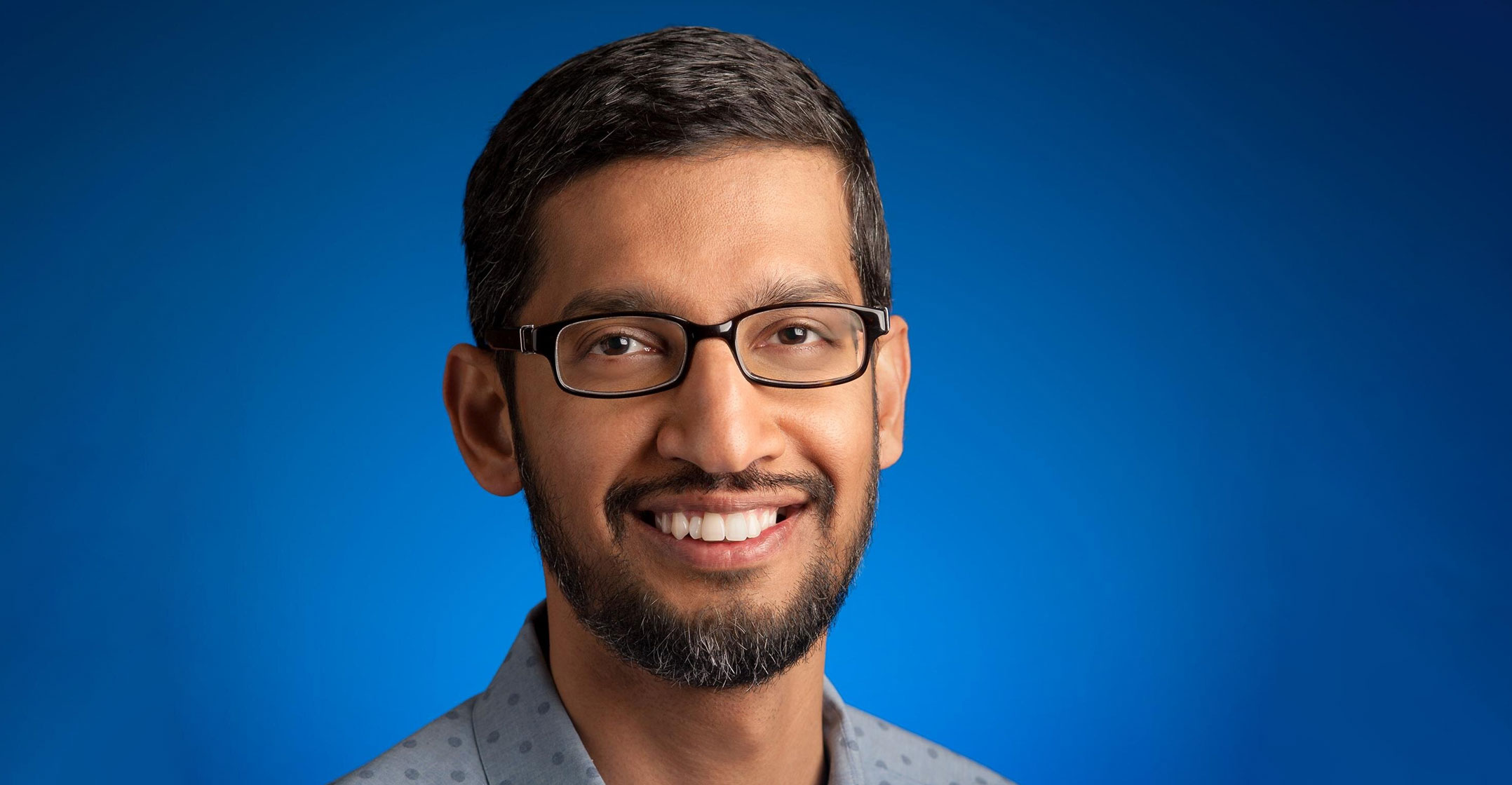
Google has adjusted its privacy settings so that it retains less user data in an effort to keep personal information safe.
The technology giant’s CEO, Sundar Pichai, said by default, Web and app activity and location data will now be automatically deleted after 18 months. YouTube history data will be deleted after 36 months.
Until now, the auto-delete controls had been optional for users, with them required to turn on the controls and set data deletion time limits. The update will automatically be applied when new users create a Google account. Existing users will be prompted to adjust their settings.
“We believe that products should keep your information for only as long as it’s useful and helpful to you — whether that’s being able to find your favourite destinations in Maps or getting recommendations for what to watch on YouTube,” Pichai said.
“That’s why last year we introduced auto-delete controls, which give you the choice to have Google automatically and continuously delete your Location History, search, voice and YouTube activity data after three months or 18 months.
“We continue to challenge ourselves to do more with less, and today we’re changing our data retention practices to make auto-delete the default for our core activity settings.”
Automatic
Pichai said the change meant “your activity data will be automatically and continuously deleted after 18 months, rather than kept until you choose to delete it”.
Google said it was using a longer default data retention policy in place for YouTube because users would benefit from the video recommendations the platform made based on a user’s search history. The firm highlighted that users can still manually choose the shorter retention periods introduced last year if they so wished.
“If you’ve already had Location History and Web & App Activity turned on, we won’t be changing your settings,” Pichai said. “But we will actively remind you about the auto-delete controls through in-product notifications and e-mails, so you can choose the auto-delete setting that works for you.”
 Among other changes announced, Google said it would add access to Google account settings directly from it search engine, so user could search for “is my Google account secure?” and be guided to their privacy and security settings.
Among other changes announced, Google said it would add access to Google account settings directly from it search engine, so user could search for “is my Google account secure?” and be guided to their privacy and security settings.
The company said it was also making it easier to access its Incognito mode on mobile – which allows users to carry out searches and visit websites without that activity being logged.
Already available on iOS and coming soon to Android, Google said users will be able to access Incognito by pressing and holding on their Google profile image in the top corner of the Search screen.

